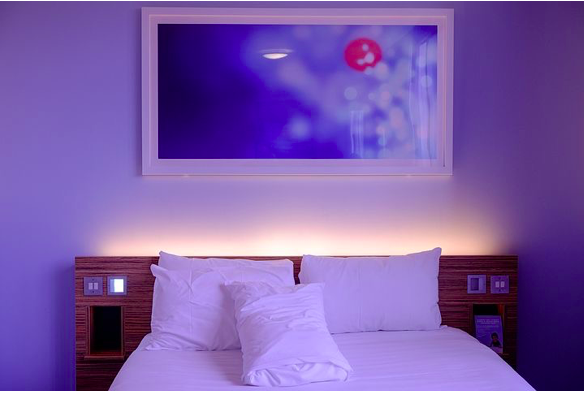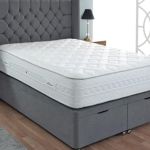When people discuss health and wellbeing they are typically inclined to mention dietary or exercise adjustments. While these are fundamentally important, there is a third element, one often lacking the same consideration. Sleep is a necessary part of our lives. We need it to live. Also, like our diets and fitness routines, sleep also has the potential to improve our mental and physical health. We each know the difference a full night’s sleep can make. Without rest, it can be hard to operate. The opposite is also true and an optimal sleep instills greater focus and ability within us. However, to reach this level of wellbeing, it is essential that we consider how we sleep with the same scrutiny as other areas of health. Here are the important changes we can make to improve our sleep.
Screens
The science behind how screens disrupt our sleep is simple. Your brain treats the blue light of a screen as daylight. Routine is immensely important to our rest, which is why we suffer jet lag. By looking at our screens moments before we intend to fall asleep we are confusing our brain. It struggles to accept that it is no longer daytime. While the optimum advice would be to take a break from your phones and computers shortly before bed, if you don’t think this may be possible, consider setting your screen to use a red light alternative in the evening.
In addition, our exposure to daylight during the daytime is equally important. If we do not expose ourselves to the sun or the outside world our bodies struggle to distinguish between day and night.
Routine
Our bodies thrive on regularity. The opposite brings stress. While microstressors, such as sudden contained bouts of exercise, may have benefits, a prolonged period, such as an irregular sleep pattern, is detrimental to the body and mind. If you find yourself unable to fall asleep and wake up at set times, then consider implementing your own routine to your body. Draw the curtains or eat your last meal at a certain time each day. Your body will use these signs to judge its schedule and your sleep will improve.
Bedrooms
You may have been told we spend a third of lives in bed. Aside from being an interesting note, this should also prompt you to consider how you sleep. Many of us settle to sleep on a mattress that does not properly support our bodies or one that is too small for our optimum positions. The technology behind our mattresses is constantly improving and they are better able to accommodate a wide variety of sleepers than ever. Look for information and advice on Savvy Sleeper to see how the latest models might improve your rest.
Controlling factors which impact our senses is an important element of our comfort. A cold draft or ticking clock can unsettle our body’s relaxation through the night. If you wake up without feeling rested, look to see if there may have been an issue in your bedroom.









